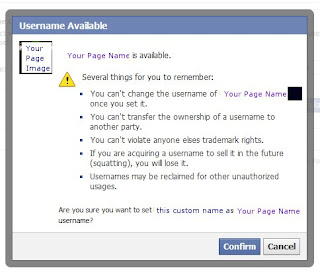I asked this question at a presentation last week, and was surprised to hear that most people fail to visit their own website, and worse fail to check the traffic analytics and feedback. Just because your webmaster (or you) have designed a nice website, the job isn't over.
A few days before this presentation, I visited the websites of two acquaintances. One had missing images and no alt text, and missing text color in the

navigation. The other had three typos and a several broken links. (See Focus Group Pet Peeves below.)
Your website, and especially your home page is the first impression a visitor has of you, your expertise and professionalism. Even though you may have hired a webmaster to design your site, the ultimate responsibility falls upon you, after all - it is your image and your business.
Once your site is online, it still requires maintenance. Changes in search algorithms can require changes in your source code, keywords or content in order to stay visible.
A competent webmaster will keep you appraised of the changes that need to be made to keep up with the search engine algorithms, and will consistently check their work for broken links and missing information or images. No one is perfect and mistakes can be made, however, errors should be corrected without delay. The longer a page stays online, the more likely it can become part of a cache page in search results.
Your web designer/SEO/marketer should be working with your success in mind. If they are analyzing your traffic, they can work with you to understand which pages and links are popular and respond to pages that are losing ranking with changes or fresh content.
It is essential to know what your customers and prospects are seeing when they visit your site. Are they impressed with how well your website represents you? Do they bookmark, share or +1 your site? Is your content fresh, giving them a reason to return?
One of the best ways to determine if your site is working for or against you and your goals, is to utilize a focus group. Unbiased, unrelated (no friends or family) selection of people to give honest feedback on what they saw, felt and learned from your site.
From the many focus groups I run on my clients and prospects websites, the top pet peeves are:
1. Tiny Text.
2. Text too hard to read against the page background. Least favorite: gray text against white background,
3. Sound that launches automatically, whether it's music, a greeter voice on the website, or the auto responder telling you to check your email.
4. Outdated websites with no current content and several broken links.
5. Finding themselves opted-in to receive additional information, usually an e-zine, after they responded to a free offer with no advance indication that they are being opted in.
The number of websites on the internet is growing everyday. Even if your market is only your local area, you still need a consistent plan of action, and consistent changes in order to stay as visible as possible in the search results.
Wishing you awesome and continuing success !

 navigation. The other had three typos and a several broken links. (See Focus Group Pet Peeves below.)
navigation. The other had three typos and a several broken links. (See Focus Group Pet Peeves below.)
































